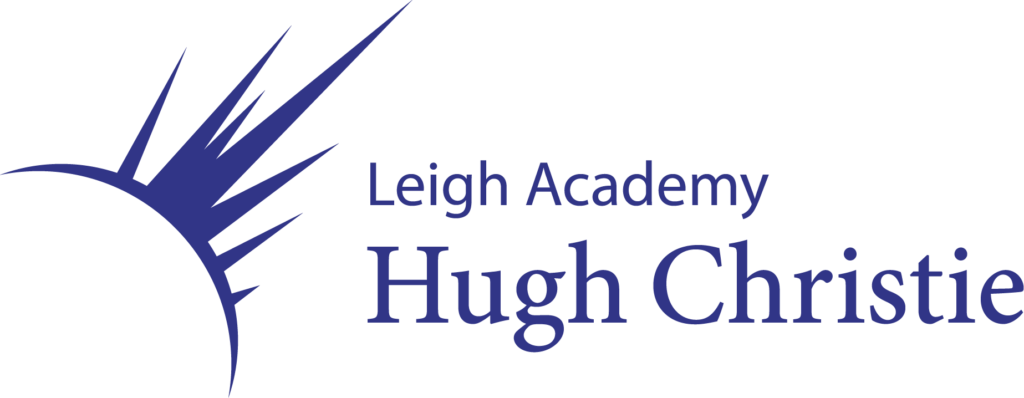Key Stage 3
In Years 7 & 8, pupils have the opportunity to develop their performance skills including vocal, physical and interaction ones. They are introduced to a wide range of theatrical genres and styles and are also given the opportunity to create their own drama making original devised work in groups. The overall intent of KS3 Drama is to embrace ‘serious play;’ to be able to demonstrate a serious discipline and focus for making, performing and responding to drama coupled with a playful and curious attitude which makes for a positive, collaborative group experience in lessons.
Course Content and Assessment
During each of the six terms in KS3 Drama, a new project is undertaken which culminates in a simple show-back performance shared within the class. Each scheme of work has either a skills, group-learning or art-form knowledge focus which goes on to build the skills and knowledge needed in each of the BTEC Three Components at KS4 and beyond.
- Skills: A range of vocal, physical and interactive performance skills are learnt including script-development and writing. Art-Form
- Knowledge: Students experience Mime, Slapstick, Performance Poetry, Improvisation, Verbatim Theatre, Forum Theatre, Shakespearian Theatre, Rehearsal Techniques, Theatre Sketches, Stagecraft and Script Work.
- Group-Learning: The important life skills which drama nurtures of communication, collaboration, cooperation, concentration, initiating and receiving ideas, managing and negotiating group energies and making and maintaining commitments to each other are assessed within the government’s new ‘Skills Builder’ framework which was arrived at through interactions with teachers, educationalists and business leaders.
Drama Learning Journey (KS3)
Key Stage 4
Pearson BTEC TECH Award in Performing Arts
In Year 9 – 11, pupils have the opportunity to study the BTEC Tech Award in the Performing Arts.
The BTEC Tech Award is a vocational course focusing on the study of theatre practitioners, how they create their work, theatre styles and genres and a mix of scripted and devised work.
Key to success on the course are students’ collaborative, creativity and communication skills as well as their research and enquiry skills needed for the completion of their coursework to Pearson exam deadlines. Any performing arts student also needs to be committed to group rehearsals which often take place at lunchtime, afterschool and sometimes weekends at key pressure points.
Course Content and Assessment
- COMPONENT ONE: Exploring the Performing Arts (30%) Students study three contrasting theatre practitioners and styles alongside three exciting plays. They examine how these pieces of theatre are created and the working roles of the actor, director and designer in a creative team. The Component is taught practically with a theory lesson each week in the computer room where students complete their Research Journal on their findings and are filmed direct to camera for Task B explaining how they arrived at their conclusions.
- COMPONENT TWO: Developing Skills and Techniques in the Performing Arts (30%) Candidates will be assessed on their acting in a scene, from a published play. Pupils can choose any script they feel would be best suited to their acting style. This performance unit is filmed as a final performance alongside three rehearsal milestone moments. In addition to the practical element, students’ complete written coursework which is a reflective Skills Log detailing their skills development across rehearsals to performance and the techniques they used to improve their work. This is written during theory lessons in the computer room.
- COMPONENT THREE: Responding to a Brief (40%) Students are given a Pearson examination brief on the 31st January of their final year 11 where they need to respond to the brief in creating an original piece of work in groups of no smaller than three students and no larger than seven. The brief often has a style in mind, a target audience and age group.
Students perform their final piece to visiting friends and family in early May and complete three one-hour logs under exam conditions in the computer room detailing their initial ideas (Ideas Log/March), their development of skills (Skills Log/ April) and their evaluation of final performance (Evaluation Log/ May.)
All Component Three work is marked externally by Pearson examiners. All Component 1 & 2 work is marked by the teacher and moderated by external Pearson examiners.
Drama Learning Journey (KS4)



